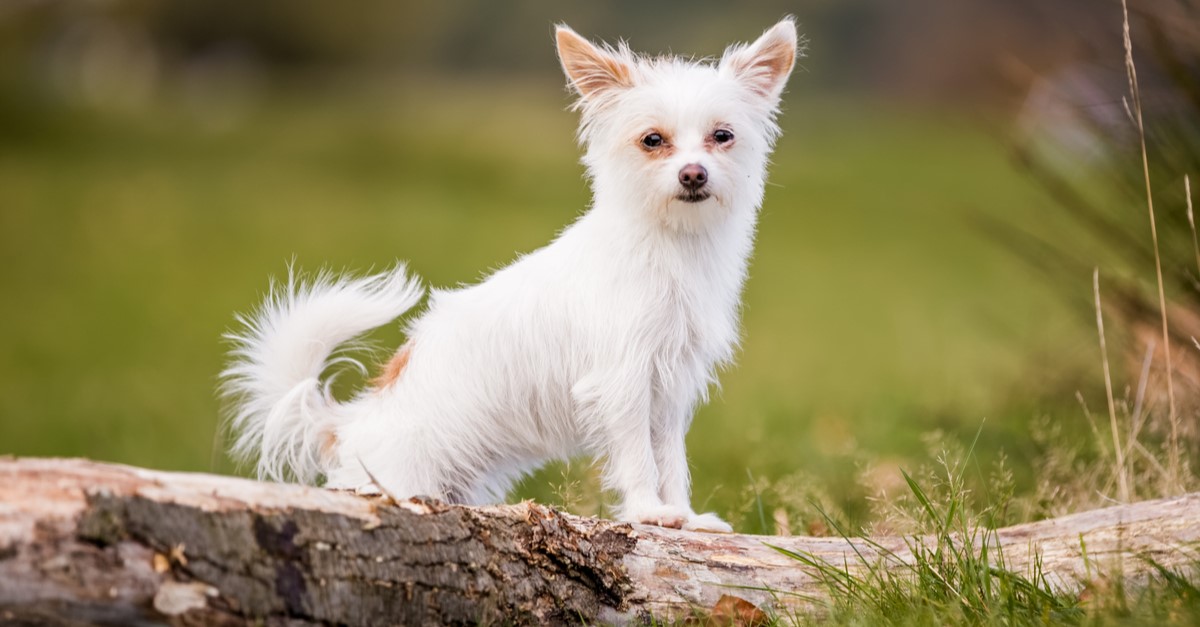Yes, dogs can eat celery in moderation. Yes!!! Dogs Eat Celery. Celery is safe for dogs and can even offer some health benefits. It is low in calories and contains essential nutrients such as vitamins A, C, and K, as well as potassium and fiber. However, it’s important to remember that celery should be given to dogs as a treat or supplement and should not replace their regular balanced diet.
When giving celery to your dog, make sure to prepare it appropriately. Wash the celery thoroughly to remove any dirt or pesticides. Remove the leaves and trim the stalk into small, bite-sized pieces to make it easier for your dog to chew and digest. Some dogs may have difficulty chewing celery, so it’s a good idea to cook or steam it lightly to make it softer and more palatable.
As with introducing any new food, it’s important to start with small quantities to see how your dog reacts. Monitor your dog for any signs of digestive upset or allergies after eating celery. If you notice any adverse reactions, such as vomiting, diarrhea, or changes in behavior, discontinue feeding celery and consult your veterinarian.
The Benefits of Celery for Dogs – Dogs Eat Celery
Celery can indeed provide several benefits for dogs when included as part of their diet. Here are some of the benefits of celery for dogs:
- Low in calories: The best benefit which makes Dogs Eat Celery is that Celery is a low-calorie vegetable, which makes it a great option for dogs that need to lose weight or maintain a healthy weight.
- Hydration: Celery has a high water content, which can help keep your dog hydrated, especially during hot weather or if they don’t drink enough water, which makes it another good benefit that Dogs Eat Celery.
- High in fiber: Celery is a good source of dietary fiber, which can promote healthy digestion in dogs. It can help regulate bowel movements and prevent constipation.
- Dental health: The crunchy texture of celery can help clean your dog’s teeth and promote good oral hygiene. Chewing on celery can help remove plaque and tartar buildup.
- Vitamins and minerals: Celery contains several vitamins and minerals that are beneficial for dogs, including vitamin A, vitamin K, potassium, and folate. These nutrients support overall health and can contribute to a strong immune system. One of the key benefits Dogs Eat Celery.
- Antioxidant properties: Celery contains antioxidants such as flavonoids and vitamin C, which can help reduce inflammation and protect against cellular damage.
However, it’s important to note that while celery can be a healthy addition to a dog’s diet, it should be given in moderation and prepared appropriately. Here are a few considerations:
- Remove the leaves: Celery leaves can be a bit tough and difficult to digest, so it’s best to remove them before giving celery to your dog.
- Cut into small, manageable pieces: Chopping celery into small pieces can make it easier for your dog to chew and digest.
- Don’t add seasoning: Avoid seasoning celery with salt, spices, or other flavorings that may be harmful to dogs. Plain, raw celery is the best option.
- Individual preferences and allergies: As with any new food, it’s important to introduce celery gradually and monitor your dog for any signs of allergies or digestive upset. If you notice any adverse reactions, discontinue feeding celery and consult your veterinarian.
What Kind of Celery Can Dogs Eat?
Dogs can eat celery, either way Dogs Eat Celery, and it can be a healthy addition to their diet when given in moderation. Celery is low in calories and contains essential nutrients such as vitamins A, C, and K, as well as fiber. However, there are a few things to keep in mind when feeding celery to your dog:
- Fresh celery: Dogs can safely consume fresh celery. It’s important to wash it thoroughly to remove any dirt or potential pesticides before offering it to your dog.
- Cut into small pieces: Chop the celery into small, manageable pieces to make it easier for your dog to chew and digest. Large pieces can pose a choking hazard, especially for small dogs.
- Raw or cooked: Both raw and cooked celery are generally safe for dogs. However, avoid using any seasoning or additives, such as salt or butter, as these can be harmful to your dog’s health.
- Avoid celery leaves: While celery leaves are not toxic to dogs, they can be a bit tough to digest and may cause stomach upset. It’s best to remove the leaves before giving celery to your dog.
- Introduce gradually: If your dog has never had celery before, introduce it in small amounts to gauge their reaction. Some dogs may have difficulty digesting celery, and it could cause gastrointestinal upset, such as diarrhea. If you notice any adverse reactions, it’s best to discontinue feeding celery to your dog.
Safe Ways to Feed Celery to Your Dog
Feeding celery to your dog can be a healthy and nutritious addition to their diet. Celery is low in calories and high in fiber, vitamins, and minerals. However, there are a few things to keep in mind when feeding celery to your furry friend. Here are some safe ways to feed celery to your dog:
- Wash thoroughly: Before giving celery to your dog, make sure to wash it thoroughly to remove any dirt or pesticides that may be present on the surface.
- Cut into small, manageable pieces: Cut the celery into small, bite-sized pieces to make it easier for your dog to chew and digest. Avoid giving them large chunks, as it can pose a choking hazard.
- Start with small amounts: Introduce celery to your dog’s diet gradually, starting with small amounts. This will help them adjust to the new food and prevent any digestive issues.
- Cooked or raw: You can feed celery to your dog both raw or cooked. Raw celery provides a satisfying crunch and can help promote dental health, while cooked celery may be easier to digest for some dogs.
- Monitor for any adverse reactions: Watch your dog closely after feeding them celery for any signs of allergies or digestive upset. If you notice any adverse reactions such as vomiting, diarrhea, or excessive gas, discontinue feeding celery and consult your veterinarian.
- Avoid seasoning or additives: When feeding celery to your dog, avoid adding any seasonings, salt, butter, or other additives. These can be harmful to dogs and may cause digestive problems or other health issues.
- Treat or food topper: You can use celery as a healthy treat alternative or as a food topper to add some crunch and flavor to your dog’s regular meals. However, it should not replace their balanced and complete diet.
Remember, Dogs Eat Celery while celery can provide health benefits, it should not replace a balanced and complete diet formulated for dogs. Always consult with your veterinarian before making any significant changes to your dog’s diet.
READ ALSO:
- Can Dogs Eat Pineapple? 5 Benefits of Pineapple for Dogs | PetsWealth
- 10 Best Natural Dog Food For Healthy Living And Nutrients
- 10 Top Best Dog Food Brands And The Composition There
Conclusion on Celery for Dogs
In conclusion, celery can be a healthy addition to a dog’s diet when given in moderation which makes us conclude that Dogs Eat Celery. It is a low-calorie vegetable that provides several beneficial nutrients such as vitamins A, C, and K, as well as fiber. The crunchy texture of celery can also help promote dental health in dogs by stimulating chewing and reducing plaque buildup.
However, it is important to note that not all dogs may tolerate celery well. Some dogs may have digestive sensitivities or allergies to celery, so it’s crucial to introduce it gradually and monitor your dog for any adverse reactions. Additionally, certain parts of celery, such as the leaves and tough strings, can be difficult for dogs to digest, so it’s best to remove them before feeding celery to your dog.
As with any addition to your dog’s diet, it’s always recommended to consult with a veterinarian before introducing celery or any new food. They can provide specific advice based on your dog’s individual needs, health condition, and dietary requirements.




